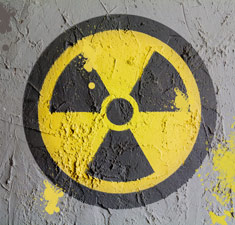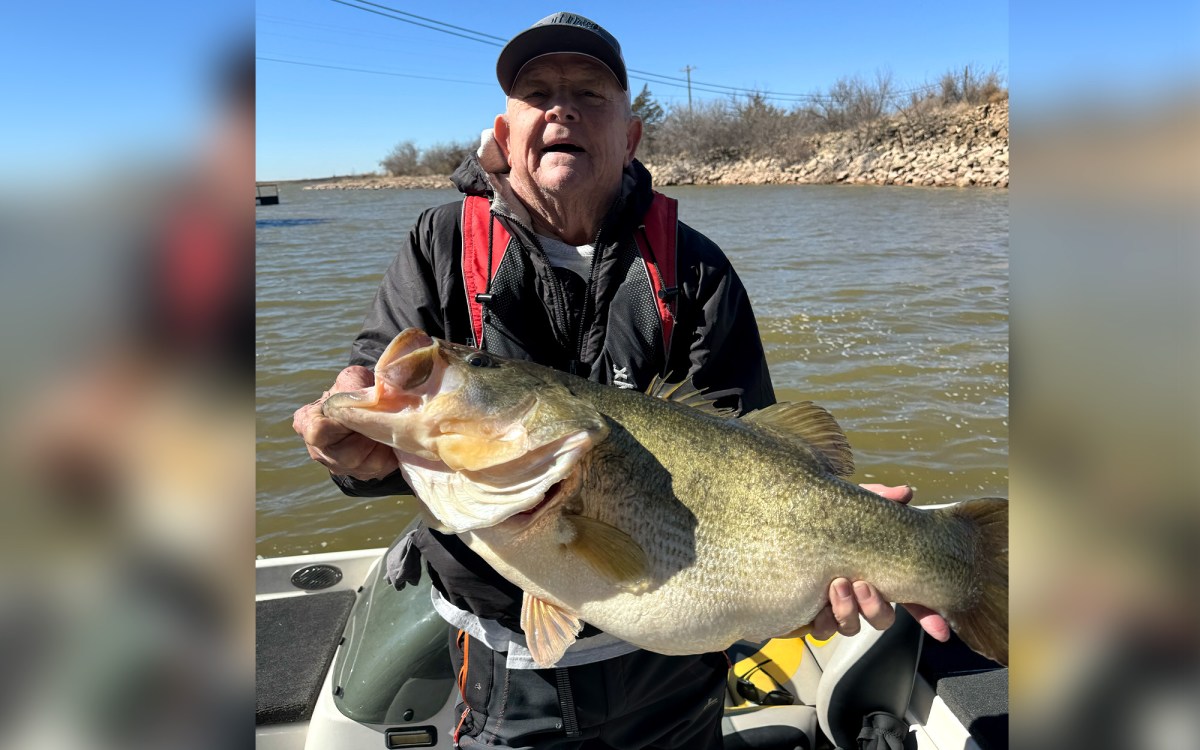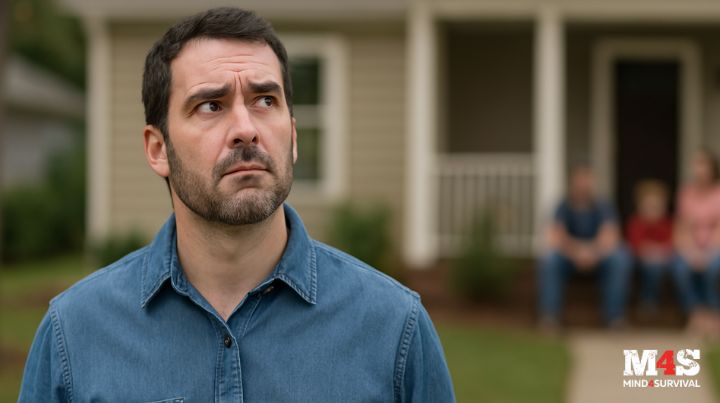The EPA Is Gutting the Clean Water Act, Which Has Protected Fish and Game for 53 Years

The Environmental Protection Agency announced changes to the Clean Water Act that sportsmen’s organizations say could set us back 50 years to a time when rivers lit on fire and fish went belly up.
“This isn’t a little deal, this is a big deal,” says Chris Wood, CEO of Trout Unlimited. “It means that, in a worst-case scenario, the protections of the Clean Water Act, which meant that you couldn’t store chemicals in ephemeral streams, and you couldn’t have manure lagoons in intermittent streams, those protections could be gone.”
The housing, manufacturing, farming, and oil and gas industries, however, heralded the proposed changes as a welcome relief from what they say is over-regulation by the federal government.
“For too long, the regulatory structure under the [Waters of the U.S. Rule], which often has included shifting and unclear definitions, has created legal uncertainty for manufacturers in the U.S., undermining our ability to invest and build across the country,” says the National Association of Manufacturers in a statement.
The changes reflect a 2023 decision by the U.S. Supreme Court in Sackett vs Environmental Protection Agencythat said that the federal government could only police wetlands that have a “continuous surface connection to categorically included waters or have a significant nexus to interstate or traditional navigable waters,” describing “categorically included” waters as those that are “relatively permanent.”
This meant that the federal government could no longer require pollution discharge permits from the Army Corps of Engineers or the Environmental Protection Agency in most ephemeral streams or wetlands. What, exactly, “relatively permanent” meant, however, was up to the EPA itself.
Many sportsmen and conservation nonprofits derided the Supreme Court decision as “bad for the environment and for hunters and anglers.” And under the Biden Administration, more than two-thirds of wetlands and about 5 million miles of streams no longer required oversight of anyone wishing to dump or otherwise destroy and pollute streams and wetlands, says Jim Murphy, the National Wildlife Federation’s senior director of legal advocacy.
The current proposal, however, increases that to 80 percent of wetlands and untold miles of streams and removes federal oversight of streams that cross state lines, says the Izaak Walton League. That means one state’s water quality would depend on a neighboring state’s rules and regulations.
“It makes a bad situation worse,” Murphy says of the newest plan. “We’re really talking about a huge loss of basic pollution and destruction protections for the vast majority of the nation’s wetlands and streams. So there will be fewer places to fish or to hunt and the places that are left to fish and to hunt you will have to worry a little more about what you will be eating.”
The rule change would also threaten drinking water safety for one in three Americans, says the Izaak Walton League. It would also replace “clear and consistent definitions based on science,” with “vague terms like ‘wet season.’”
Wood of TU and others in the sporting and conservation community acknowledge that industries like agriculture require thoughtful and consistent regulations. There should not, however, be a complete overhaul of one of the country’s landmark environmental laws.
Temporary streams and wetlands store water from wet periods into dry ones, and they also provide about 50 percent of the water that ultimately ends up in major rivers, Murphy says.
Those seasonal streams are often headwaters and places where sensitive species like native trout go to spawn, says Wood.
“For close to 60 years, the Clean Water Act applied equally to small streams as it did to big streams and it worked really well,” Wood says. “When my dad was a graduate student at Georgetown, he would never go out to the Potomac River because he’d get sick. Now I take my kids down there and we catch shad hand-over-fist. That story can be told about tens of thousands of waterways across America.”
Read Next: Senator Lee Is Back with His Attack on Public Lands. This Time He Wants to Butcher the Wilderness Act Under the Guise of Border Security
Wood and others say just like the fight against selling public lands and overturning the Roadless Rule, sportsmen and women interested in protecting clean water should contact their lawmakers and write comments. The current administration listens to and respects hunters and anglers, Wood says. He then adds: “And clean water is perhaps the one thing every single American would agree is super important.”
Read the full article here









